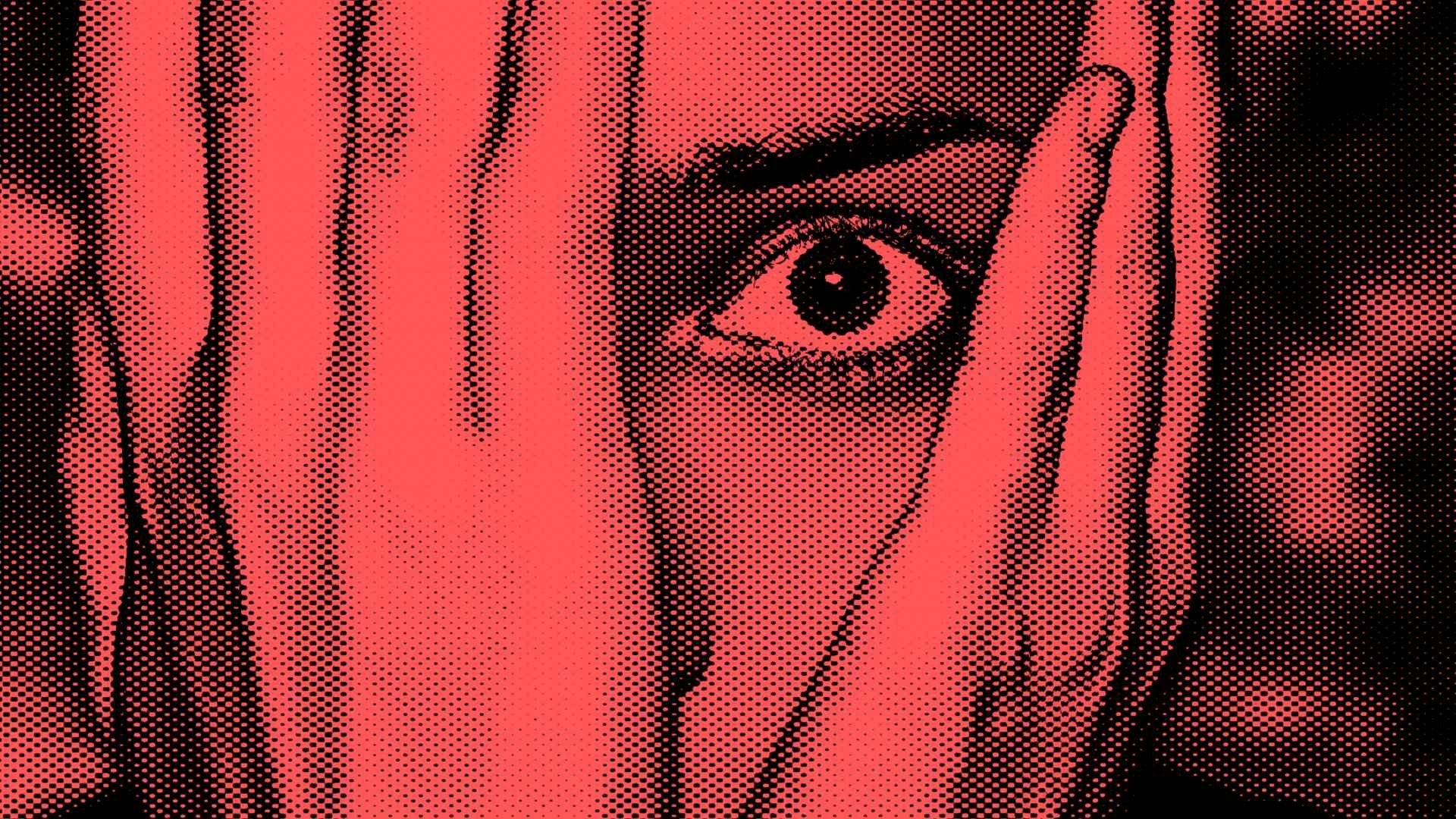
Online Therapy for Trauma
“ There are wounds that never show on the body that are deeper and more hurtful than anything that bleeds. ”
Laurell K. Hamilton
You survived the traumas of your past. You were brave enough to keep going, to keep living. Now, you deserve to thrive.
Anyone who has experienced trauma will know that it can be very emotionally painful, and can illicit feelings of fear, shame and powerlessness. Whether you’re struggling with a recent trauma, PTSD (post-traumatic stress disorder), or C-PTSD (complex post-traumatic stress disorder), we know that people respond to trauma in different ways.
Our trauma informed, licensed therapists can help you with the issues that you find hard to face on your own.
Your trauma therapist will provide the support you need to heal.
While fear is a healthy and natural invitation to shift, what is not healthy is letting it escalate out of control and stop you from living. If you always avoid situations that scare you, you will eventually stop doing things you want and need to do. When fear from trauma disrupts or overtakes your life, therapy is a productive way to help you cope and deal with what is holding you back. Therapy is a means to realize that you are not your thoughts or the sum of your trauma. Once you can observe your own thoughts and emotions objectively, you are no longer controlled by them, and then you can start healing.
We offer trauma support for a multitude of areas. Use our guide below to find what fits best for your needs.
Childhood, CPTSD and Intergenerational Trauma
First Responders (Police, Paramedics, Fire)
Veterans
Domestic Abuse and Sexual Assault
PTSD
General Trauma
Please click the links below if you are seeking a specific approach to trauma therapy
Childhood, CPTSD and Intergenerational Trauma
Many things get passed down through families, like heirlooms, genetic conditions, and physical characteristics. In some cases, trauma can be inherited, too.
We know trauma can manifest itself through stress, anxiety, fight or flight, and other heightened alert systems in our brain and bodies, but intergenerational trauma can also mask itself through learned beliefs, behaviors, and patterns that become engrained. This kind of wiring impacts personalities, relationships, parenting, communication, and views of the world.
There are no easy answers, but generational trauma can be resolved if a holistic, intense intervention is put in place. Knowing you aren’t alone or helpless and knowing that there may have been factors outside of your control might help process the trauma. When we process things and understand them, we can then often find coping mechanisms. When we find coping mechanisms, we can heal, redefine ourselves. and reclaim a part of our life.
COMMON SYMPTOMS:
Hypervigilance
Mistrust
High Anxiety
Depression
Panic Attacks
Nightmares
Insomnia
A sensitive fight or flight response
Issues with self-esteem and self-confidence
Irritability / Anger
Inability to connect with others
TRAUMA THERAPISTS:
Domestic Abuse and Sexual Assault
Anyone can be a victim of domestic abuse or sexual assault. If you have been assaulted, go to a safe place and tell someone. You have the option to go to a hospital for care and treatment. You have the option to call police, as you are a victim of a crime.
Domestic violence, also referred to as "intimate partner" abuse, is a crime in Canada. The purpose of this abuse is control over one's partner. Domestic violence is primarily committed by men against women but also occurs in same sex relationships and by women against men. Abuse is not always physical. Control can include other forms of abuse such as constant threats, psychological, emotional, sexual, financial, material, spiritual and verbal abuse. It can also include sexual assault, in which case the victim has the same options as any other person who has been sexually assaulted. Domestic violence results from an imbalance of power and control in a relationship. Domestic violence happens at all income and educational levels, in all social classes, religions, racial and cultural groups.
Sexual assault is any form of unwanted sexual activity without that person's consent. This can include forced sexual intercourse (rape), sexual abuse, childhood sexual abuse, incest, sexual harassment and any unwanted sexual activity including kissing, fondling, touching, oral sex or threatening to do any of these things.
Consent is a voluntary agreement between two adults to engage in a sexual activity. Someone who is under the influence of medication, drugs or alcohol is not in the position to give consent. Both women and men can be sexually assaulted. It is a serious crime whether committed by a stranger, friend, family member or partner.
The bottom line is that abusive behavior is never acceptable, whether it's coming from a man, a woman, a teenager, or an older adult. You deserve to feel valued, respected, and safe.
COMMON SYMPTOMS:
Depression
Flashbacks
PTSD
Self-harm
Substance misuse
Dissociation
Panic Attacks
Eating Disorders
Sleep Disorders
Relationship issues
Suicide Ideation
ASSAULT TRAUMA THERAPISTS:
First Responders Trauma Counselling (Police, Paramedics, Fire)
Repeatedly being exposed to distressing situations, violence, and death, first responders are especially vulnerable to trauma by the very nature of their jobs.
First responder duties, although essential to the entire community, are strenuous and with time put them at an increased risk of trauma. First responders encounter daily workplace stressors such as: heavy workloads, rotating shifts, and, occasionally, discrimination and bullying. These factors can have an immediate detrimental impact on some individuals; for others, the negative effects build up over weeks, months, or even years.
A minority of first responders will experience symptoms of a mental health condition either temporarily or on a recurring or ongoing basis. But it’s important to note that those who have mental health conditions or experience symptoms can still have positive outcomes if they have the right supports and coping mechanisms in place.
COMMON SYMPTOMS:
Anxiety
Depression
Substance misuse
Depression
Disrupted sleep patterns
Irritability / Anger
Fatigue
PTSD
Relationship issues
Suicide Ideation
Veterans Trauma Counselling
You have made tremendous sacrifices to keep our province and country safe, and we have a responsibility to be there to support you.
While PTSD extends far beyond the military, the problem is especially acute among war veterans. According to Veterans Affairs Canada, about one-fifth of Canadian veterans experience a diagnosed mental health disorder at some time during their lives– the most common being PTSD, depression and anxiety disorders. And, of the yearly 9,000 to 10,000 Canadian Armed Forces members who are released from military service, one-third indicate they have difficulty transitioning to civilian life.
We understand the toll serving for our country can have on individuals and we are here to offer our support. We can assist you in finding the help you need.
COMMON SYMPTOMS:
Anxiety
Depression
Substance misuse
Depression
Disrupted sleep patterns
Irritability / Anger
Fatigue
PTSD
Relationship issues
Suicide Ideation
PTSD
Post-traumatic stress disorder (PTSD) is a mental health condition that's triggered by a terrifying event — either experiencing it or witnessing it.
Post-traumatic stress disorder symptoms may start within one month of a traumatic event, but sometimes symptoms may not appear until years after the event. These symptoms cause significant problems in social or work situations and in relationships. They can also interfere with your ability to go about your normal daily tasks.
PTSD symptoms can vary in intensity over time. You may have more PTSD symptoms when you're stressed in general, or when you come across reminders of what you went through. For example, you may hear a car backfire and relive combat experiences. Or you may see a report on the news about a sexual assault and feel overcome by memories of your own assault.
If you have disturbing thoughts and feelings about a traumatic event for more than a month, if they're severe, or if you feel you're having trouble getting your life back under control, it’s time to talk to your doctor or a mental health professional. Getting treatment as soon as possible can help prevent PTSD symptoms from getting worse.
If you have been diagnosed with PTSD for any reason, all our counsellors listed below use evidence based trauma therapies to ensure you are cared for.
COMMON SYMPTOMS:
Hypervigilance
Flashbacks
Nightmares
Severe Anxiety
Depression
Panic Attacks
A sensitive fight or flight response
Issues with self-esteem and self-confidence
Irritability / Anger
Inability to connect with others
Trouble concentrating
Substance misuse
Memory issues
Suicide Ideation
General Trauma
If your trauma counselling needs haven’t been listed here, we can likely still support you. Please email us using the form below.
We promise to nurture a space to help you feel secure - as you are - so you can explore your difficulties and work to manage or overcome them.
We view counselling as a joint process between you and your therapist working towards a common goal — to empower change and improve the quality of your life — both now and in the future.
As mental health care professionals, our purpose is to help you find your ground, enhance your courage to identify your obstacles, help you find the path to processing and discover opportunities for growth along the way.
We will look at your current situation more in-depth to help you understand what’s holding you back and what’s causing you to feel so overwhelmed and stuck. From there we will get to the heart of your difficulties, make a plan, and help you develop the skills to increase your resiliency so you can better manage or resolve what’s troubling you.
Our goal is that by the end of our sessions you will not only have found relief, but you will feel empowered to boldly grow forward towards the life you want.
Or, let us help you find that right therapist fit.
The form takes less than 60 seconds to complete, and we’ll reach out with a couple of options for a free 20 minute consultation.
Online Therapy Guide
It’s important to acknowledge that you might be feeling extra stress at the notion of starting therapy. This is completely normal and a sign that you care about your mental health. The best way to relieve your worry is to prepare ahead of time. That’s why we’ve created our FREE Online Therapy Guide and put together some helpful tips so you can see whether online therapy is right for you.



















































